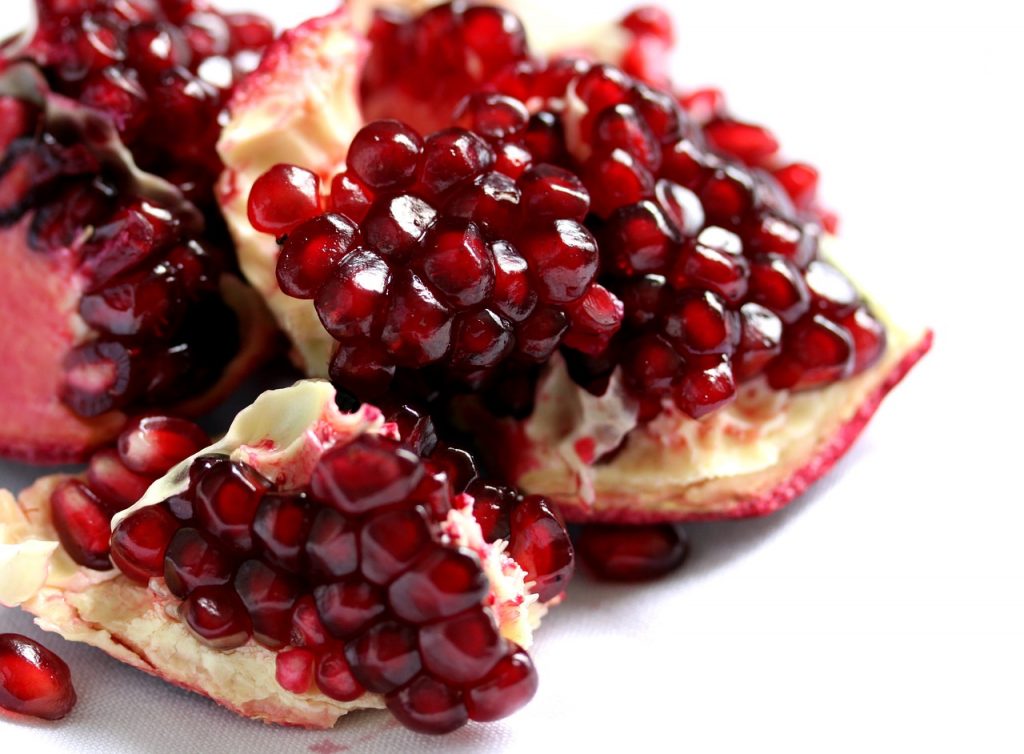The traditional Mediterranean diet is known to be heart-friendly, which is evidenced by the fact that those living on the Mediterranean coast are typically at lower risk for cardiovascular disease, and many reach the age of 100. An important element of the Mediterranean diet is regular fruit consumption. Of particular importance are pomegranates and grapes, which are excellent sources of polyphenols, including flavonoids.
The Mediterranean diet is healthy
Residents of the Mediterranean region traditionally consume lots of fish, olive oil, vegetables, and fruits. It is believed that the extremely high life expectancy of people in some Italian and Spanish villages are due to this diet. One of the most famous villages, Acciaroli, is located in southern Italy, where more than 10% of the population is already turned 100 years old. According to medical investigations, the circulatory system of the people living here is in much better condition than average.
The popularity of the Mediterranean diet, and thus the amount of plant antioxidants consumed, has been on a declining trend since the 1960s. A research group in Madrid, therefore, asked the question: what would happen if people returned to their traditionally high antioxidant intake? The difference was completed in the form of a pomegranate – grape juice concentrate.
Original article: Regular Consumption of an Antioxidant-rich Juice Improves Oxidative Status »

A gránátalma és a szőlő a mediterrán diéta...
...akár friss gyümölcs formájában, akár italként; legyen szó gyümölcsléről vagy borról. A gránátalmában ráadásul több olyan „szívbarát” növényi antioxidáns található (ellagitanninok), amik jellemzően csak egyes bogyós gyümölcsökben és magvakban fordulnak elő, ezért a legtöbben nem viszünk be nagy mennyiségben belőlük az étkezések során.
Can diet reduce oxidative stress?
The study cited was an exploratory clinical trial looking at whether juice concentrate reduces the rate of oxidative stress in the bodies of otherwise healthy young adults. This can be deduced from the antioxidant capacity of the blood plasma and from the degree of oxidation of lipids (fats, cholesterol) transported in the bloodstream.
With lower antioxidant capacity, the vascular system is more exposed to the destructive effects of free radicals, and lipid oxidation may be at an increased rate, initiating the process of atherosclerosis.
The experiment involved 14 men and 14 women. They were all healthy and free of cardiovascular risk factors (adequate blood sugar, cholesterol and liver enzyme levels, normal body mass index and blood pressure, no smoking and only moderate alcohol consumption).

During the experiment, participants had to drink pomegranate - grape juice every day for 8 weeks to complete their antioxidant intake, equivalent to the traditional Mediterranean diet. Based on pre-measured values, their daily antioxidant intake was increased by an average of 60%.
Measurement of antioxidants and free radicals
Determination of the antioxidant capacity of the blood plasma was performed by the so-called FRAP method, which is widely used for measuring the antioxidant content of biological samples. They checked, how much oxidized iron was reduced to a lower degree of oxidation by the blood plasma of the participants.
The lipids circulating in the blood can be oxidized by the free radicals, losing their original function, while forming a harmful by-product called malonaldehyde. Malonaldehyde is also a highly reactive free radical that can destroy enzymes and cell membranes, causing further damage and even cell death. Oxidation of lipids can be assessed through plasma malonaldehyde levels.
Results: on average after nearly 2 months of juice drinking
- the plasma antioxidant capacity (iron reduction) increased to 2.15-fold
- plasma lipid oxidation (plasma malonaldehyde) was reduced by 29%.
According to the authors, the improvement was mainly due to polyphenols, flavonoids, and to a lesser extent vitamin C. This is because antioxidants can neutralize both lipid oxidation and the harmful effects of by-products – such as the malonaldehyde just mentioned.
Although all participants in the study were healthy, the level of oxidative stress still improved a lot. In their case, an antioxidant-rich diet can have a long-term beneficial effect on the heart and the entire vascular system, since ...
...atherosclerosis and the aging process itself can be slowed down and reversed.
Pomegranate is worth consuming not only as a juice, but also as a fruit. It is an excellent ingredient for various salads, use it boldly. Here are a few mouth-watering tips in the form of pictures.

